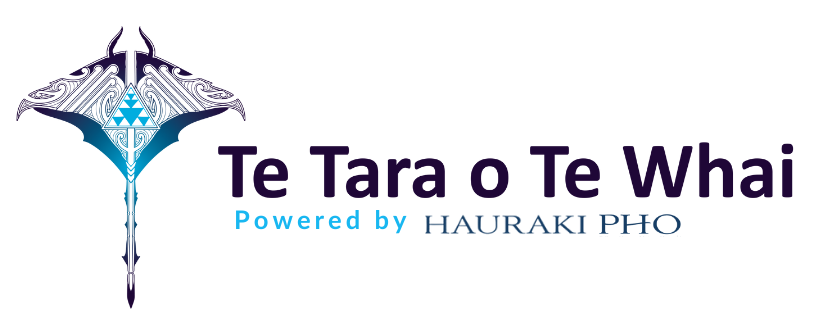Ngā pātai
Te Tara o Te Whai FAQ
-
What is a Locality?
A locality is a place, and people, based approach to improving the health of populations, as well as a mechanism for organising health and social services to meet the needs identified by whānau, community and Iwi-Māori Partnership Boards.
There are three characteristics of a locality. First, it is a partnership with mana whenua, recognising their tino rangatiratanga. Second, the approach supports locally-led solutions that take a holistic approach to well-being, acknowledging the range of other factors that impact a person’s health. Third, the locality approach will join up care across communities and improve integration with different layers of the health and social system.
There are formal working arrangements within the locality approach that underpin this new way of working: Locality partnerships will be formed across iwi, health and social care and community organisations. Locality partnerships will work with Iwi-Māori Partnership Boards, Health New Zealand and the Māori Health Authority to develop locality plans – these will set out how the agreed objectives will be achieved.
Provider networks will work together to deliver on the locality plan. The mechanisms bringing together providers across health and social care will include contractual arrangements, shared financial incentives and data-sharing arrangements. Provider networks will work with a wider group of community organisations to support comprehensive primary care teams – making more care available closer to home.
-
What is a Locality Plan?
Each locality will have a three-year locality plan, co-developed with the locality partnership group by Health New Zealand, the Māori Health Authority, Iwi-Māori Partnership Boards and communities, including service providers. The plan will bring together national expectations and the priorities, needs and contexts of mana whenua and local communities. Once signed off, locality plans will drive procurement by Health New Zealand and the Māori Health Authority and be the basis for progress monitoring.
-
Will Localities commission services?
Localities are not intended to commission services directly. However, the partners within a locality will work with Health New Zealand and the Māori Health Authority to provide local insights about the needs of communities. Iwi-Māori Partnership Boards are strategic commissioning partners with Health New Zealand and the Māori Health Authority and will help determine Māori needs, aspirations and priorities and monitoring of locality plans. Health New Zealand and the Māori Health Authority will carry out the formal procurement and contracting role.
-
What is Te Whatu Ora?
Te Whatu Ora is responsible for improving services and outcomes across the health system. Working in partnership with Te Aka Whai Ora - Māori Health Authority, Te Whatu Ora is developing an interim New Zealand Health Plan – a blueprint for what the health system will deliver over the next two years. Localities plans will be fed into this national plan to ensure our communities have a say about what they want the health system to look like for them. Te Whatu Ora translates as 'the weaving of wellness'. Though there can be other conceptual interpretations of the name, one context for Te Whatu Ora is found in the weaving of culture – bringing two or more strands together to weave a basket; a basket of life.
Listen to Te Whatu Ora - Health New Zealand Chief Executive Margie Apa, Te Aka Whai Ora - Māori Health Authority Chief Executive Riana Manuel and Minister of Health Hon. Andrew Little talk about their organisations and the mahi they intend to do here.
-
What is Te Aka Whai Ora?
Te Aka Whai Ora - Māori Health Authority is an independent Public Health agency responsible for enhancing tino rangatiratanga and strengthening mana motuhake for hauora Māori and ensure greater influence throughout the entire health system to support whānau to take control of their own health and well-being.
This is central to Te Tiriti o Waitangi and ensuring everyone in Aotearoa has the same access to good health outcomes. A broad plan to implement this new approach to health was established in July 2022 to help guide the transition towards delivering more equitable māori health outcomes.
The meaning of Te Aka Whai Ora is a nod to the ancestral world and a firm vision towards a healthy future for all.
Te Aka is founded in the pūrākau (ancient legend) of Tāwhaki who endeavoured to seek ancestral knowledge.
Whai Ora is to pursue health and likens the Māori Health Authority (and all its communities, whānau, and health providers) to Tāwhaki in seeking out ora or health and wellbeing.
Listen to Rahui Papa talk about the naming of the new entities responsible for our health and well-being.
-
What are Iwi Māori Partnership Boards (IMPB's)? What is their function?
Iwi Māori Partnership Boards enable iwi, hapū and whānau to exercise rangatiratanga in their rohe. They ensure tangata whenua voices are heard and local health services reflect those who need and use them.
It is envisaged that the core functions of Iwi Māori Partnership Boards to be considered will include:
engaging with whānau and hapū, and sharing the resulting insights and perspectives with Health NZ, the Māori Health Authority, and the wider health system;
assessing and evaluating the current state of hauora Māori in their locality or localities, and determining priorities for improving hauora Māori;
to agree locality priorities and plans with Health NZ and the Māori Health Authority;
monitoring the performance of the health system in their locality or localities, including against the locality plan; and
reporting on their own activities to whānau and hāpori Māori, and other relevant partners.
To understand IMBP's and their role in the new era of health click here
Niho Ora ki Hauarki FAQ
-
What is Niho Ora ki Hauraki?
A big part of localities is talking with communities to better understand what matters most to whānau and identify services whānau need.
Throughout 2023, access to oral health care was identified as a high health need in the Hauraki community.
In collaboration with Dental Planet and Te Whatu Ora, Te Tara o Te Whai – Hauraki localities will deliver Niho Ora ki Hauraki, a free mobile dental initiative.
-
I have completed the expression of interest form, what happens next?
The Te Tara o Te Whai team will contact you to book a time for a dental assessment. Dates depend on when the mobile dental van will be in your area.
-
What happens on the day of my appointment?
When you arrive for your dental assessment, you will be checked in by kaimahi and may be asked to complete some paperwork. The team at Dental Planet | Quality, Affordable Auckland Dentists | Mobile Dental Clinics will begin the assessment.
During your dental assessment, the team will book another time with you to receive your dental treatment. The timeframe for treatment will be within a few days after the first assessment.
Please allow 30 minutes for your dental assessment appointment and 1 hour for your dental treatment.
-
What treatment is available?
People can receive Full Exam, X-rays, Extractions, Fillings and Dental Hygiene.
-
What treatments aren’t available?
Treatment excludes root canal and dentures.
-
Can I still receive dental care if I don't meet all criteria?
We would encourage people to still complete the expression of interest form. Our team will contact you to discuss options and pathways.
-
What happens if I lost my community services card or don't have one?
You do not need a community services card but must be eligible for one. Please check out MSD community service card eligibility to see if you meet the criteria.
-
Are there MSD dental grants?
If you are entitled to an MSD dental grant, our team will support you in completing an application form on the day of your dental assessment.
-
What areas will Niho Ora ki Hauraki be delivered in?
Throughout 2024, we will deliver the dental initiative to the following areas:
- Kennedy Bay
- Manaia
- Kaiaua
- Paeroa
- Waihī
- Thames
Niho Ora ki Hauraki will be delivered during the school holidays until December 2024. The locations and dates are yet to be confirmed.
-
Is there an age limit for receiving treatment?
Yes, people must be aged 19 and over to be eligible for this initiative.
-
What happens if I can’t make the appointment at the perspective location?
Our team will work with you to find a location and time that meet your needs.
-
What happens if you’re under 19?
Te Whatu Ora provides free oral health care for Tamariki aged up to 18.
For more information, check out Oral health » Te Whatu Ora Health New Zealand Waikato or call 0800 TALK TEETH.




